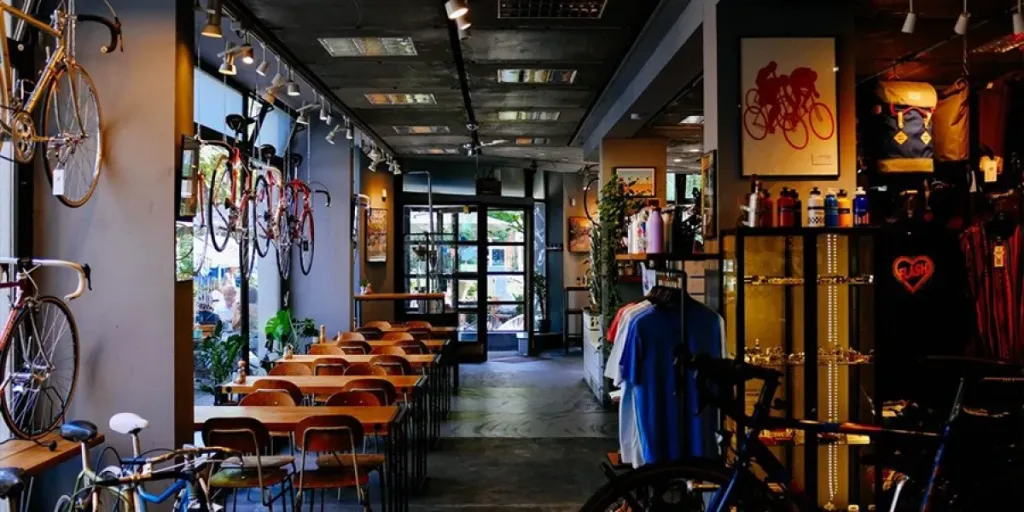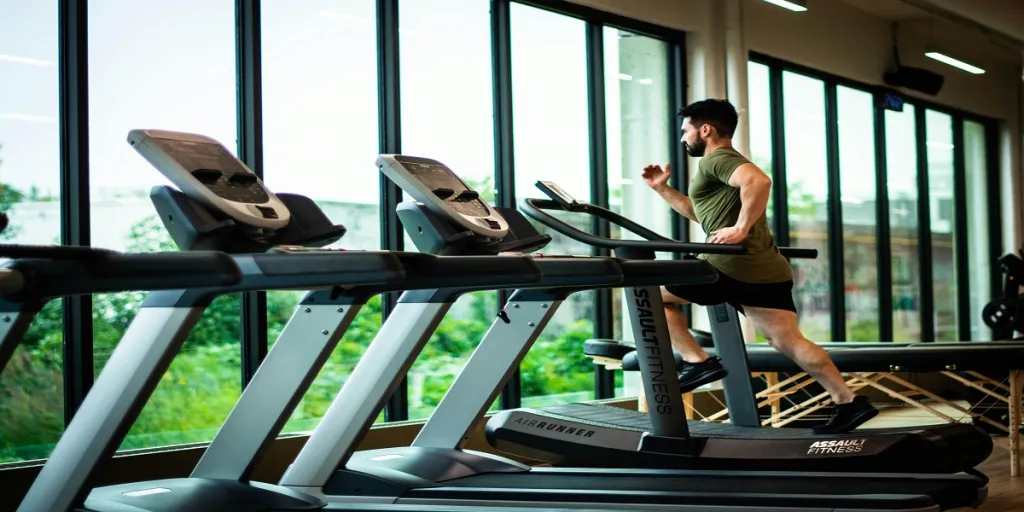Snooker and billiard boards are major investments for consumers interested in cue sports. Many place them on the level of grandfather clocks, baby grand pianos, or other heirloom-quality pieces. Although these boards have their traditional home in dedicated snooker and billiard clubs, some enthusiastic consumers love to have them in their homes, especially in recent times.
As a result, if retailers want to sell this product, they must ensure they are offering something worthwhile. This business buyer’s guide will point out the areas worth considering before investing in snooker and billiard boards in 2024.
Table of Contents
How big is the snooker & billiard equipment market?
What to consider when selecting snooker & billiard boards
5 common mistakes that can hinder snooker & billiard board sales
Bottom line
How big is the snooker & billiard equipment market?
Experts estimate the snooker and billiard equipment market’s size at US$ 344.06 million in 2024. They predict it will reach US$ 397.52 million by 2029 at a 2.93% compound annual growth rate (CAGR) over the forecast period. Reports suggest the rising popularity of leisure and sports activities globally has positively impacted the market. North America emerged as the dominant regional market due to a strong presence of cue sports.
What to consider when selecting snooker & billiard boards
1. Table size

The most crucial aspect of stocking the perfect snooker and billiard table for home use is determining options that will fit where customers want to set up. Here’s a closer look at the different table sizes and who would show more interest in them.
7ft boards
This table size is the most popular option for home use. 7-foot tables are great for beginners, but experienced players can also use them. These tables are the go-to for customers with limited room space.
8ft boards
Customers will consider eight-foot tables when they have a little more free space. They are slightly larger than their seven-foot cousins, offering customers more room to line their shots. However, these tables are not the best options for customers practicing for competitive play.
9ft boards
Nine-foot tables are the go-to for more experienced players looking for enough space to work with. They are also the set size for tournament tables, meaning these tables are great for people practicing for competitive play. However, experts don’t recommend selling them to beginners because their larger size may be harder to maneuver.

Other sizes
Retailers can also stock 6-, 10-, and 12-foot tables. They may even offer custom-build options so customers can get their boards in any size. 6-foot boards are perfect for absolute beginners learning how to play and have limited space.
Anything smaller than this would lead to a difficult playing experience. Many see 10-foot tables as oversized because they are bigger than tournament–sized boards. Interestingly, the 12-foot size is more common for snooker tables, so retailers can offer them to customers looking to learn how to play snooker.
2. Material

Before choosing snooker and billiard boards, business buyers must identify the playing surface material they want to sell. Wood and slate are the two most common options, offering attractive advantages.
Wood
Wood is a very affordable snooker and billiard board material. It’s a better option for casual/beginner players or customers with tight budgets. Wooden snooker and billiard boards are also lightweight, making them easy to reposition or move after installation.
However, wood’s low playability makes them a poor buy for more experienced players. Wooden boards are also less durable and may need frequent maintenance to maintain performance.
Slate

Nothing beats slate when it comes to snooker and billiard boards. This material offers the smoothest experience and highest accuracy, making it the top choice for professional home use and tournament boards. Slate snooker and billiard tables are incredibly durable, giving customers an amazing experience for years.
Slate boards are the most expensive option, although retailers can justify their cost with impressive playability. They also require professional help to install and can be quite heavy. So, customers will find it tricky to move around after installation.
3. Legs

The snooker and billiard board’s cabinet carries most of its weight, about 90%. So, it needs strong legs to support it well. Therefore, retailers can invest in boards with two kinds of legs: post and two-piece.
Post legs feature one solid piece of wood from the slate to the feet. They are reliable and help keep the playing surface steady over time. Many customers consider post legs the more stable option compared to two-piece variants. They can even support extra weight, preventing wobbling or shifting during intense play.

In contrast, two-piece legs are the more affordable option. This budget-friendly aspect is often a deciding factor for most customers. Although they are less stable than post legs, many high-quality two-piece leg tables offer ample stability for casual or recreational play.
4. Frame

The strength of the snooker and billiard board’s playing surface depends on its wooden frame. If the frame lacks supports, the surface (especially heavier ones like slate) can bend, crack, or become uneven. A good-quality table will have the wood or slate framed with wood glued underneath and additional cross beams for support.
More importantly, the number and type of beams needed for the frame depend on the playing surface’s size. Smaller boards with a ¾” slate or wood may only need cross beams. However, larger surfaces, like those 1” thick and above, require quad-beam constructions, which include two cross beams and two longer beams.

Note: Keep in mind that larger playing surfaces need more framing. So, always inquire about the number of beams beneath the slate or wood. Customers may also ask for this information, so asking the manufacturer before ordering will be useful.
5. Cloth/felt

Today, snooker and billiard board felt is usually a mix of wool and nylon with a Teflon coating for durability. However, manufacturers often make them with different toughness, which retailers can spot by looking at their specified weight. The ideal range to look for is 18 to 22 ounces per yard—this weight range also offers the longest lifespan.
Besides durability, players also care about how fast and grippy the surface is. Suppose customers’ major concerns are speed and accuracy, stock boards with worsted cloth. It gives the perfect blend of durability and speed/accuracy, making worsted cloth a must-have for all snooker and billiard boards.
5 common mistakes that can hinder snooker & billiard board sales
Mistake #1: Not catering to the target market

Stocking a random assortment of tables without considering who retailers sell them to will lead to mismatched inventories. Unfortunately, a mismatched inventory means missed sales opportunities and a slow stock turnover.
The solution
Retailers must always define their ideal customer. Are they homeowners looking for family fun? Are avid players seeking a high-quality table? Budget-conscious buyers? Focus on the table types, sizes, and price ranges most likely to appeal to that target market.
Mistake #2: Overstocking unusual sizes

Another fatal mistake is getting tempted by heavily discounted or ‘unique’ tables in non-standard sizes. These tables take up valuable space, have limited appeal, and may be difficult to sell even at reduced prices.
How to avoid
Instead, prioritize standard sizes (e.g., 7ft to 9ft pool tables or 12ft snooker tables) as these are in the highest demand. If retailers do consider unusual sizes, limit the selection to one or two as “specialty” items and price them competitively.
Mistake #3: Skimping on quality

Focusing solely on the cheapest options to maximize profit margins is never a good strategy. Poorly made tables disappoint customers, leading to potential returns and damaging the business’s reputation.
Solution
The best way to avoid skimping on quality is to strive for a balance between price and quality. Offer a range with some budget-friendly options, but ensure even those meet basic playability standards. Then, only make deals with manufacturers (like those on Chovm.com) with reputations for solid construction, even in their lower-priced models.
Mistake #4: Ignoring used tables

Don’t assume only brand-new tables are worth selling. Retailers will miss out on a potentially lucrative market segment and valuable upselling opportunities.
How to avoid
Source well-maintained, high-quality used tables from reputable sellers. Also, consider offering restoration or refelting services as an added value proposition.
Mistake #5: Neglecting accessories

It’s easy to focus only on the tables, neglecting other necessary accessories like cues and balls. However, this mistake will cause retailers to lose additional revenue streams and force customers to shop elsewhere for essentials.
Solution
Remember to stock a wide range of accessories at various price points. For more attractive deals, create bundles (for example, table + accessory sets).
Bottom line
Snooker and billiard boards are big purchases that retailers must send to their customers in pieces. Remember, these products were historically used in bars and clubs, so homeowners looking to add them to their list of entertainment will need some assembly.
Businesses looking to add more value to their offers can add installation with every order or help customers find reputable board installers to help them set up their purchases. If customers install it themselves, add a pool table installation video to their package.
Finally, remember to subscribe to Chovm’s Sports category to continue getting impressive information suitable for business buyers.





 বাংলা
বাংলা Nederlands
Nederlands English
English Français
Français Deutsch
Deutsch हिन्दी
हिन्दी Bahasa Indonesia
Bahasa Indonesia Italiano
Italiano 日本語
日本語 한국어
한국어 Bahasa Melayu
Bahasa Melayu മലയാളം
മലയാളം پښتو
پښتو فارسی
فارسی Polski
Polski Português
Português Русский
Русский Español
Español Kiswahili
Kiswahili ไทย
ไทย Türkçe
Türkçe اردو
اردو Tiếng Việt
Tiếng Việt isiXhosa
isiXhosa Zulu
Zulu